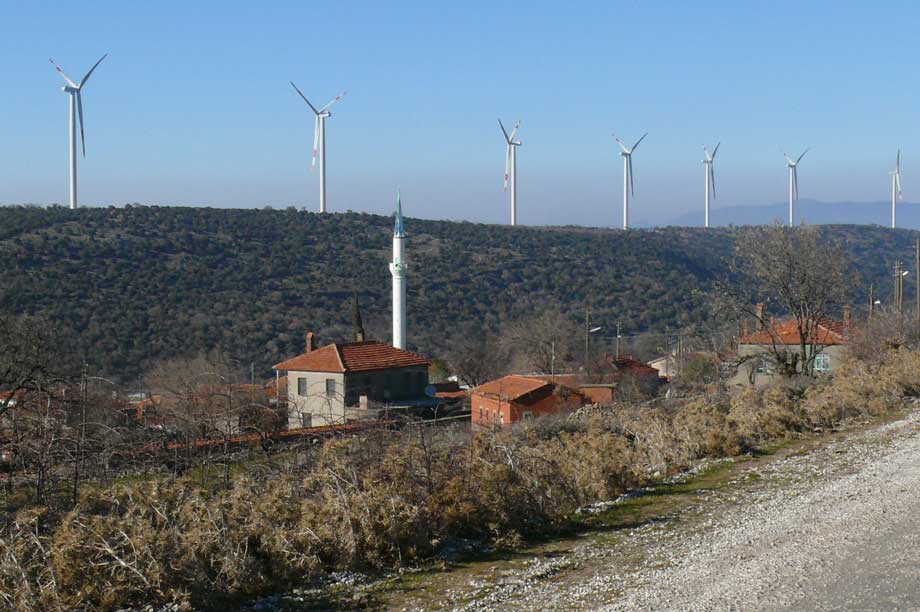The intiative comes as Turkey seeks to decrease its dependence on energy imports, meet rising demand for power in a sustainable fashion and step in line with the European Union's renewable energy directive.
An EU candidate country, Turkey said the action plan "is a manifestation of its commitment...to (EU) renewable energy targets and EU accession". In the document, the Turkish government confirms its aim to bring the country's installed wind capacity to 20GW by 2023, the time horizon of its action plan, solely through onshore wind farms. Turkey also has plans for 34GW of hydropower, 5GW of solar energy and 1GW each of geothermal and biomass.
Energy minister Taner Yildiz said: "Renewable energy is one of the key elements of the policy and strategy which shape Turkey's energy agenda." Indeed, renewable energy is seen as accounting for 127.3TWh, or 30%, of the total 424TWh power consumption forecast for the country in 2023. Wind farms are expected to generate 50TWh of electricity, or 11.8% of total power consumption that year, with an average capacity factor for those facilities of 28.5%.
Turkey's action plan acknowledges its wind targets are challenging. The country's cumulative installed wind capacity stood at 3,763MW at end of 2014, up 804MW from the previous year, meaning an average of about 1.8GW must be added each year through 2023. The renewable energy action plan trajectory sees Turkey already reaching 5.66GW wind capacity in 2015, a level that would appear ambitious.
The action plan also makes no secret of some of the potential obstacles to growth, including authorisation procedures that are described as "costly and time-consuming". According to the plan, possible solutions to that problem could involve creating a one-stop-shop for handling administrative procedures and setting time limits to handle administrative tasks.
The Turkish government also highlights difficulties in securing financing for both wind and hydro plants, given that feed-in-tariffs (FITs) — with a base tariff of $73/MWh for wind — are consistently below market prices but are used as the reference price for banks considering financing. "The forecast project cash flow (based on feed-in tariffs) are not attractive enough for financial providers and guarantees are required, creating a barrier for new generation facilities," the plan admits, raising the possibility adjust the FIT depending on the level of penetration of a renewable energy technology.
Turkey was supported in the drafting of the plan by the European Bank for Reconstruction and Development and by consultancy Deloitte, with a grant provided by the Spanish government. The EBRD has co-financed the construction of two of Turkey's largest wind farms: the 142.5MW Enerjisa Bares wind farm in Balikesir and the 135MW Rotor wind farm in Osmaniye.

.png)


.png)










